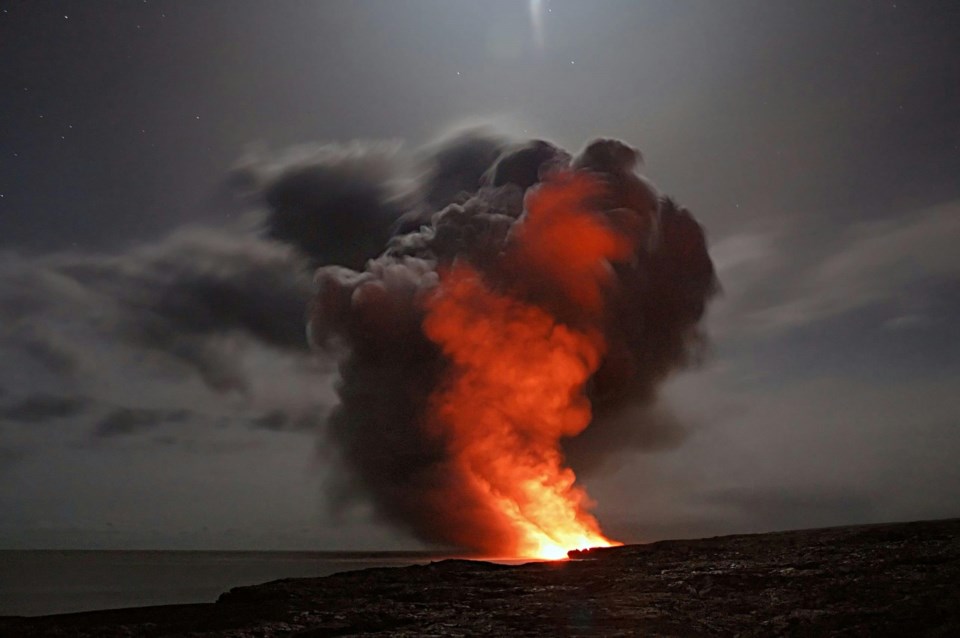Since the 2020s kicked off, there is no beating around the bush in acknowledging that the world has become a more tense and conflicted place.
When simmering anguish tilts towards all-out physical war, the loss of human life is sobering and staggering beyond comfortable comprehension.
As I write this, wars continue to wage between Ukraine and Russia as well as Israel and Hamas. It has been decades since the world has grappled with two simultaneous wars at the same time, and there is nothing conclusive or hopeful about either situation at the moment.
Rightfully so, we often speak of the heart-wrenching human fatalities of innocent people caught up in these explosive fights. While this is often the main focal conversation point, I’m here to briefly bring light to a separate, often overlooked issue: how war negatively impacts biodiversity, ecosystems, and climate change.
When human life is on the line, we understandably aren’t taking time to consider if bombs kill rare turtles or how rivers become polluted due to man-made famine. This prioritization of thought makes absolute sense, yet I believe we also need to consider that nature getting caught in the crossfire is further damaging to society, too. When wars reach a resting point and life becomes more normal again, a destroyed environment will be there as a sort of sickened and dysfunctional system. This abused ecological foundation will not be able to provide for a healing society.
War causes massive spikes in harmful greenhouse gas emissions due to machine usage and mass production. The military industrial complex is one of the biggest businesses in the world, sadly. It is seen as an economic boon to have a nation producing weapons and artillery, and then shipping it all over the world in enormous quantities. Let’s not forget that making more guns and bullets in North America leads to more aggressive rainforest clearance for mines in places like Africa and South America.
Previously clean waterways and arable soils can become destroyed by fires, chemicals, and disposed materials. When humanitarian disasters are created because of war, it often leads to high densities of people and the associated garbage, human feces, and over-usage of available water. Suddenly, creeks that once supported teeming numbers of fish are declared dead waterways.
Wildlife can suffer the same terrible fate as innocent human lives lost, as bombs, fires, pollution, and noise chaos can decimate wildlife populations.
It is believed that in the highly contested Black Sea, where Ukraine and Russia bomb and blast in all different ways, more than 50,000 cetaceans were killed since 2022. Cetaceans include whales, dolphins and porpoises who have had their sonar abilities disrupted thanks to sonar activity from military ships. Their ability to find food and mates was incapacitated. These are some of the most intelligent and ecologically important marine mammals in the world.
Lastly, and on a much larger scale of thought, human focus on war detracts focus on other world issues, including human-accelerated climate change. To state the obvious, our species is obliged to protect ourselves and protect others of our kind when times get rough. When war erupts, society has historically answered and reacted every time. In doing so, we lose sight at a local and global level of protecting the one thing that sustains each and every one of us — a healthy environment.
This matters, as does of course the loss of human life. Humans will fight over historical land disputes, religious beliefs, societal values and resources. However, let’s not forget how a fight might look when water and food become scarce because of our actions.
As complex as these issues are, we simply must do better.
As one of my favourite metal bands, In Flames, blares out so simply yet urgently, “This is a war – no one will win it, couldn’t feel truer for all living things.
